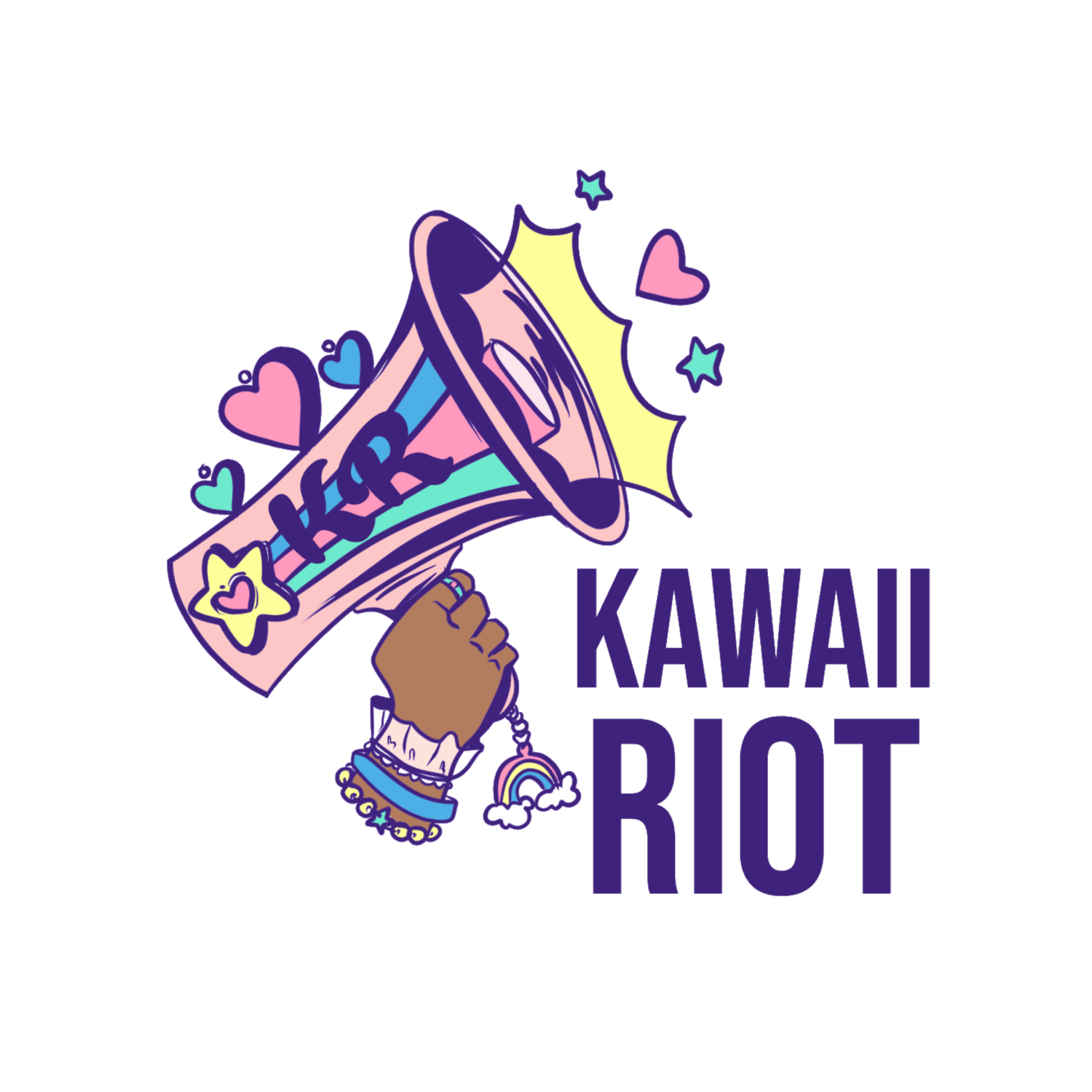Why I’m Seeking Accountability in the Community
While perusing the online world of shopping and alternative brands, now and again, I’ll come across a YouTube video or collected account of images telling me never to shop at a store. Most of the time, I devote myself to a little Kim Possible style research to fact check and note where I’ll be withholding my pink dollars. Other days, I’ll hear some rumors and see the Facebook essay on why I need to unadd a prominent community member from social media. However, despite all these posts and moments when the drama is high, I question whether the brand or person did anything to correct the harm. I’m quick to see the callout collecting dust while we wait for accountability.
What about Cancel Culture?
I have never been a big fan of social media cancel culture, not because people get canceled, but because the energy put towards social media posts just stops after a while. Somewhere deep in the millions of tags and lengthy Facebook threads, the canceled person still winds up free of accountability. Maybe it forces an apology, but does that apology make a difference? I want to see actions for change, not half written apologies screenshotted from a notes app and posted on Twitter.
Accountability is necessary because our community leaders, influencers, and businesses let too much harm slide without any behavioral change. Take, for instance, the drama of alternative fashion influencers who make it big on platforms like “Hooked on the Look”. (Even that platform, despite its popularity, has problems) The influencers are still able to perpetuate racist and harmful ideologies on their personal (but very public) forum. Despite the Reddit threads and screenshots, this person is still given platform after being called out and “canceled.” Did this person change for the better, or was the apology just a publicity stunt?
Instead of relying solely on cancel culture as a way of accountability, we should push for actions that reflect responsibility. This means that before we jump on the comment bandwagon for cancel culture, we ask about what they’re doing to right their social wrongs. Ask about how they’re learning to do better. Verify whether their apology has physical or actionable merit outside of social media. Question how they plan to make a change after the posted apology.
Our niche is too small and too public to keep allowing meager apologies to cover up problematic behavior. If you’re asking yourself what you can do to be a part of the solution instead of the problem, consider these steps:
1. Ask this person/platform/company about how they plan to correct or heal the harm they caused
a. How are you addressing the community impacted by these decisions?
b. What steps are you taking to learn from these mistakes?
c. Will you be supporting a healthy culture of learning about the (insert issue) going forward?
2. Instead of taking part in the crueler side of cancel culture that borders online bullying, consider alternatives to negative engagement
a. If the person on multiple occasions has not changed, block/remove them from your feed.
b. Stop sharing content that gives the person or company more platform if they are not changing their ways.
c. If engaging in the comments, avoid using language that harms an entire community in the process; for example, making fun of skin tone, weight, gender, race, etc. in a callout post.
3. Be Mindful of the emotional labor and energy you are investing in any callout post
a. While encouraging spaces to converse, please also note how open the person is to the perspective you intended to provide. If the person isn’t receptive, step back.
b. Social media is an exhausting space; you do not have to engage with the post or content right away. You can step back.
c. Take time to be thoughtful about how you will feel while engaging in this space.
Accountability is not a Stranger
Let’s say you are the one being canceled. What happens at the end of all of that? It is a scary place to be,—that’s why many of us here at the Kawaii Riot team want to encourage you not to shy away from accountability. If your actions or words were harmful, and someone suggests that, it’s essential to address the problem. Be open and be honest. There is always room to learn and grow from your mistakes. A part of authenticity is acknowledging that process and overcoming these moments. Fashion will always be a learning place, and how we treat the community and grow within is not a straight path. It’ll be curvy, have bumps in the road, and take us to places we might not imagine. At some point, we lose ourselves, which makes it easier to cause harm to people unintentionally. Take a chance and be honest; it’s more likely that someone is also in a similar space with you. They may be open to helping you learn which can lead to a positive connection. Let your actions show that you are working towards the change that encourages a healthier and safer experience.



